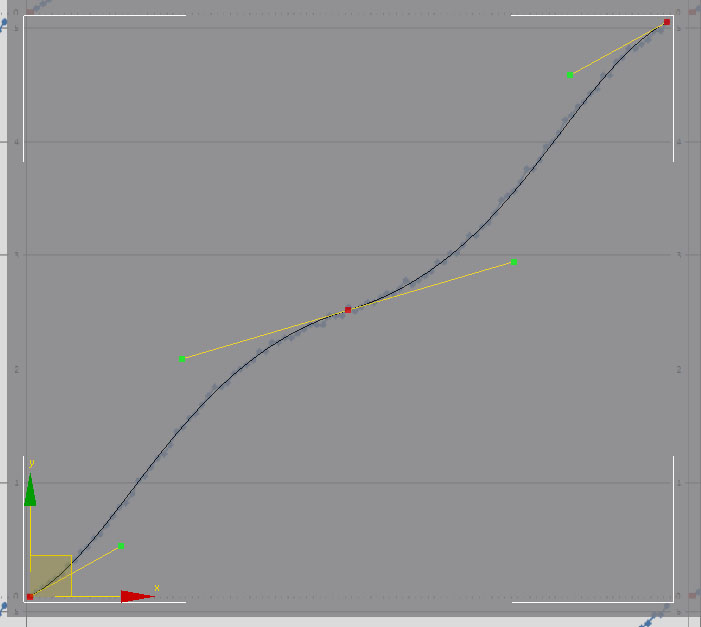[Closed] Gradient bitmap
from the autodesk forum on exposing gradient ramp to mxs, a slightly different approach
here what I came up with…
(
fn GetGradient file_name =
(
dotNet.loadAssembly "system.xml"
xmlDoc = dotNetObject "system.xml.xmlDocument";
try
xmlDoc.load file_name;
catch
return false;
flags = #()
root_e = xmlDoc.DocumentElement;
if root_e != undefined and root_e.name == "gradient" then
(
flags_e = root_e.item["flags"];
if flags_e != undefined then
(
nflags = flags_e.getAttribute "count" as Integer;
flags.count = nflags;
for f = 1 to nflags do
(
flag_e = flags_e.ChildNodes.item (f-1);
col = execute flag_e.item["color"].InnerText;
pos = flag_e.item["pos"].InnerText as Float;
flags[f] = #(pos,col);
)
)
)
flags;
)
fn lower_bounds arr left right val =
(
while left < right do
(
middle = left + (right - left)/2;
if val <= arr[middle][1] then right = middle else left = middle + 1;
)
left;
)
fn get_sub_range arr tval =
(
lb = lower_bounds arr 1 arr.count tval;
res = [0,0,0];
if tval == 0.0 then
res = [lb, lb + 1,0.0];
else if tval == 1.0 then
res = [lb - 1, lb, 1.0];
else
(
start = arr[lb - 1][1];
end = arr[lb][1];
res = [lb - 1, lb, (tval - start)/(end - start)];
)
res;
)
fn lerp a b s = (a + s * (b - a))
fn GradientBitmap grad width interp =
(
bmap = bitmap width 1 color:white;
pixels = getPixels bmap [0,0] width;
for p = 1 to width do
(
t = (p - 1)/(width as float);
ival = get_sub_range grad t;
pixels[p] = lerp grad[ival[1]][2] grad[ival[2]][2] ival[3];
)
setPixels bmap [0,0] pixels;
bmap
)
grad = GetGradient "gradient.xml"
bm = GradientBitmap grad 256 1;
display bm;
)
where the xml looks like…
<?xml version="1.0"?>
<gradient name = "default" interp = "linear">
<flags count = "5">
<flag>
<color>(color 0 0 0)</color>
<pos>0.0</pos>
</flag>
<flag>
<color>(color 0 0 255)</color>
<pos>0.25</pos>
</flag>
<flag>
<color>(color 128 128 128)</color>
<pos>0.5</pos>
</flag>
<flag>
<color>(color 255 0 0)</color>
<pos>0.75</pos>
</flag>
<flag>
<color>(color 255 255 255)</color>
<pos>1.0</pos>
</flag>
</flags>
</gradient>the ease in function is
fn ease_in t = pow t 1.5
some strange math for the ease_out
fn ease_out t = if t == 0 then 0 else (pow t 1.61)/t
no exactly right but pretty close
yet to find ease_in_out solutions
this is the ease in out curve (for gradient ramp) as a 3 point bezier (couldn’t find a solution for 2 ) if anyone knows a simpler function that fits this curve . most ease in’s and outs are split across 2 regions (smoothstep withstanding )I guess a bezier solution is as good as any. Though it does have the wiff of smoothstep (which is popular with max devs) though I can’t get it to reproduce this curve. Not quite as “easy as” that one might think eh Denis
